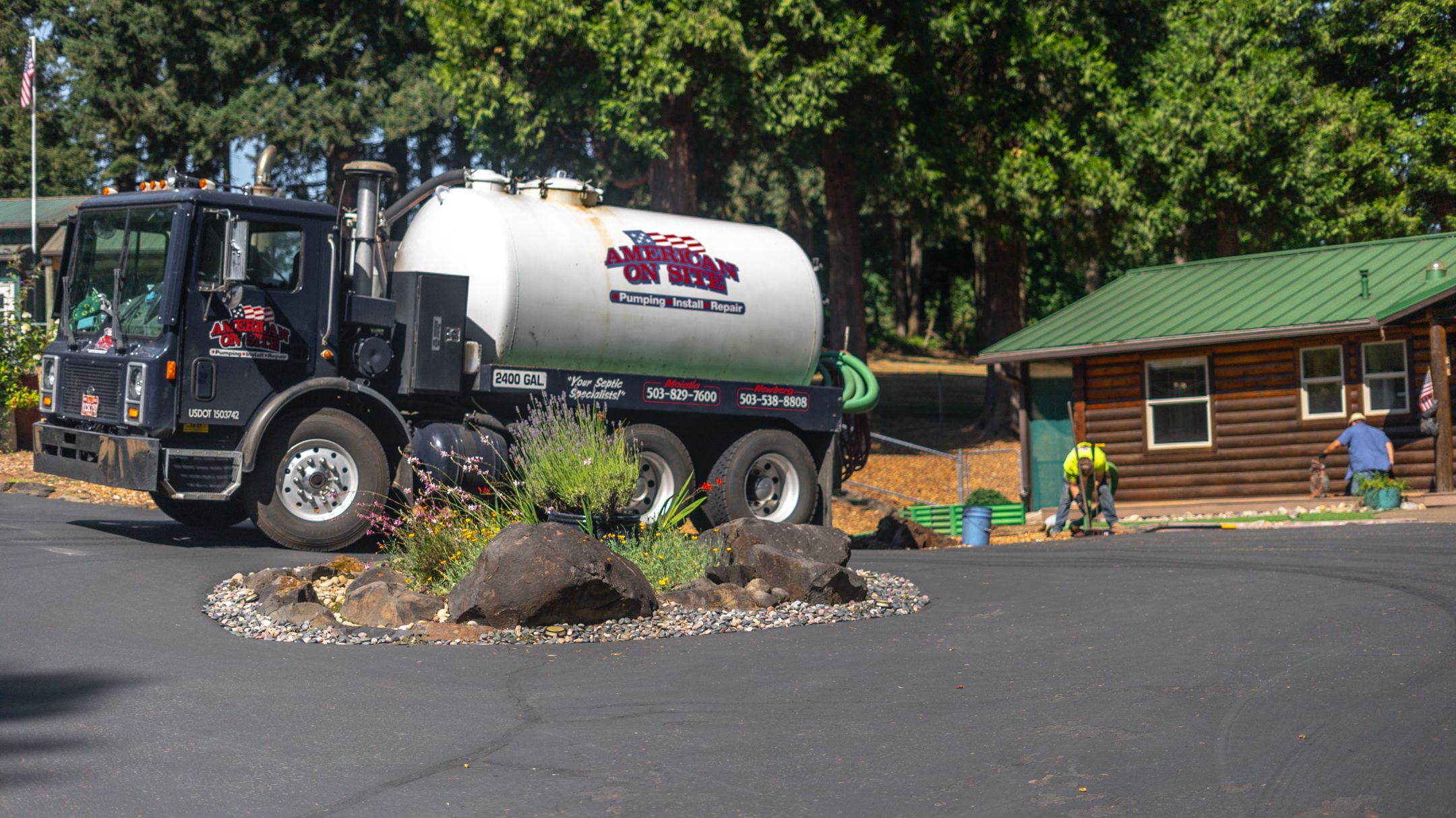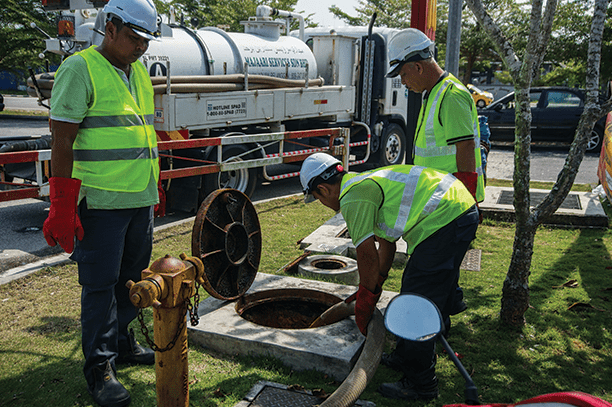As everyone is excited about the winter season, we can not deny that the cold weather can also be a significant trouble for others. Cold winter temperatures pose a real threat to commercial and residential septic systems. During the cold season, various issues may arise that can impair the water treatment. From freezing ground to freezing tanks and pipes, these may cause major damage to the septic system. However, there are a few tips and tricks that can help you protect your septic system from freezing over, but to go over them, you need to understand the problems that can cause it to happen.
Some Common Septic System Problems in Winter
1. Freezing Septic Tanks and Pipes
During the winter season, frozen tanks and pipes are the most common problem for the septic system. Once the frost or snow falls around the septic tank, the septic area problem may arise. As a matter of fact, while the components of the septic system freeze, that slows down and stops the natural bacteria from breaking down waste in the tank.
2. Snow and Soil Pressure
Be cautious where you park the vehicle, as that can cause compacted soil and snow. Ensure that there are no such heavy objects above where the septic system is installed. That will build pressure and will solidify the septic tank. The compacted soil and the snow above can reduce the insulation of the septic system.
3. Overused/Improper Use by the Guests
Winter season is also the holiday season. That means more parties and celebrations, more meal planning, and increased visitors. The septic system can be overworked with the additional shower, toilet usage, or food preparation.
4. Irregular Usage
When septic tanks are not frequently used, they are prone to freeze. For a long time in houses and other occupied properties, the system has been unable to sustain the constant temperature due to low water levels and sewage flowing through the system.
Maintenance Tips To Avoid Frozen Septic System Problems In Winter
1. Winterizing Plumbing Pipes
If you are not around during winter, drain the septic tank pipes to prevent cracking and freezing. First, shut off the water main, open up all the taps and leave them open so they can drain completely.
2. Get the Septic Tank Inspected
Before the winter finally sets in, make a list of the local septic company to inspect the septic tank. A professional must inspect the septic tank annually to ensure that the components are working, there are no such leaks, and the entire system is working smoothly.
3. Pump out the Tank
Consider pumping the septic tank if you close the house during the winter and only use it a few times. Ensure that the pump tank eliminates all the waste, and the greywater may freeze during the winter.
4. Insulate the Drainage Field
It would help if you did everything to protect the Septic tank during the cold months because the frozen ground may damage the septic tank. Fortunately, this is easy to protect the drainage field. You can also do this by the following grass to grow around the septic system so that it can effectively retain snow.
5. Use the Septic Tank Regularly.
Everyday household use of the septic tank design would be enough to keep things moving properly. Lack of use may bring problems during the winter weather. If you are not at home during the winter, arrange with a trusted individual to occasionally use the septic system when you are away, so the tank stays in top shape.
6. Check the Furnace
If you have a high-efficiency furnace during the winter, ensure no water drains into the septic system. You can route the dripping water into the bucket. Excess water flowing into the septic system may cause the system to freeze up.
All these steps will help you protect the septic tank to keep that functional during the cold winter.
Conclusion
Enjoy many benefits of septic tank pumping by scheduling a service appointment today. American on-site Septic is a septic service company that excels at providing septic services.
We offer septic tank pumping inspections to protect your home from hazardous and expensive emergencies. We are here to share tips and guide you to save money with the septic tank.








